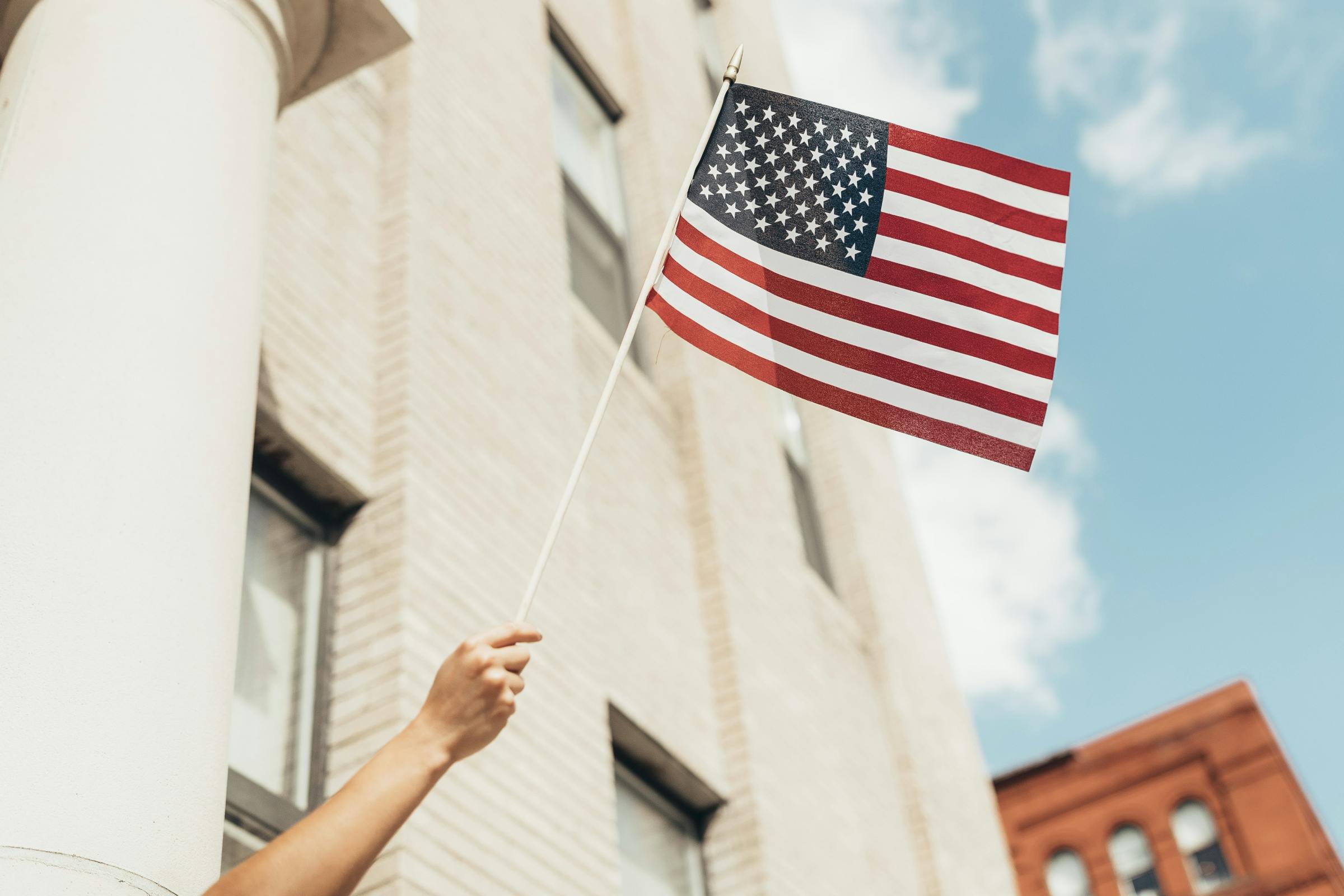The Importance of Visas for Immigration
Whether your goal is to work in the US temporarily or to eventually migrate there permanently, a work visa helps you get your foot in the door. The benefits of each visa vary, and not all of them permit you to seek permanent resident status through a green card while you’re in the country. However, they will give you the opportunity to work gainfully in a job of your choosing.
The category of visa that you qualify for depends on your unique skillset and experience. There are visas for unskilled and skilled labor. The employment-based immigration second preference category only applies to those with what are deemed “skilled” qualifications, as we’ll discuss next.
Advanced Degrees
When you’re applying for a visa and using your education as your qualifying factor, the positions you can take are limited to those requiring the advanced degree you possess. Your schooling can be from an accredited United States university or its foreign equivalent.
Typically, this means you need a baccalaureate degree or the foreign equivalent, plus another five years of progressive work experience after graduation. If any other requirements on the labor certification application pertain to your specialty, you’ll have to demonstrate those, as well.
Approved evidence includes documentation that shows your degree, such as an official academic record, whether it’s a US degree or foreign equivalent. Letters from current and/or former employers that demonstrate your solid five years of work experience in the specialty of your degree are also necessary.
Exceptional Ability
These factors aren’t required if you’re using your claim of exceptional abilities to request a visa. However, you must have verifiable proof that you have an overarching ability in the arts, sciences, or business. This means that you have a degree of expertise considered significantly more than what would ordinarily be encountered in your field. If there are other labor requirements on the certification, those must also be met.
Non-academic criteria of an exceptional ability include at least three of the following:
● Evidence of your ability to command and receive a salary or other payment type for services in the exceptional ability
● Membership in a professional association affiliated with said ability
● A valid license or certification demonstrating your ability to practice your occupation
● Letters of prior employment showing ten years or more of work experience
● Recognition of your achievements and contributions as given by professional organizations, businesses, peers, or government entities
Labor Certifications
Finally, the last qualifying factor falls to the labor certification application. When you file an employment-based, second-preference petition, you must include the certified ETA Form 9089. This is the Application for Permanent Employment Certification that you receive from the Department of Labor. In some cases, a blanket Schedule A certification is acceptable.
Each specialty occupation has a unique set of requirements that the DOL reviews prior to certifying the application. These requests must be completed and documented when you submit the paperwork. You can request this step be skipped by filing for a National Interest Waiver, which permits you to self-sponsor and avoid the labor condition approval.
To obtain a National Interest Waiver (NIW), you must meet three prongs. First, the endeavor you propose must have national importance and substantial merit. Second, you must be in a position to advance the endeavor you’re discussing. Lastly, you must prove that waiving the job offer and labor certification is balanced out by what you provide.
Note that an NIW is considered an EB-2 second preference category in all requirements but the job offer and labor certification. You’ll still have to meet the factors of education and experience or exceptional ability.
What’s Next?
When you’re ready to take your profession to the next level and find work in the United States, you should understand what your options include and determine the best course of action. Working with an experienced immigration attorney, like those of us at Visa2US, will help you get the best answers for your situation quickly, allowing you to move forward. Our professionals are available 24/7. Contact us today!














